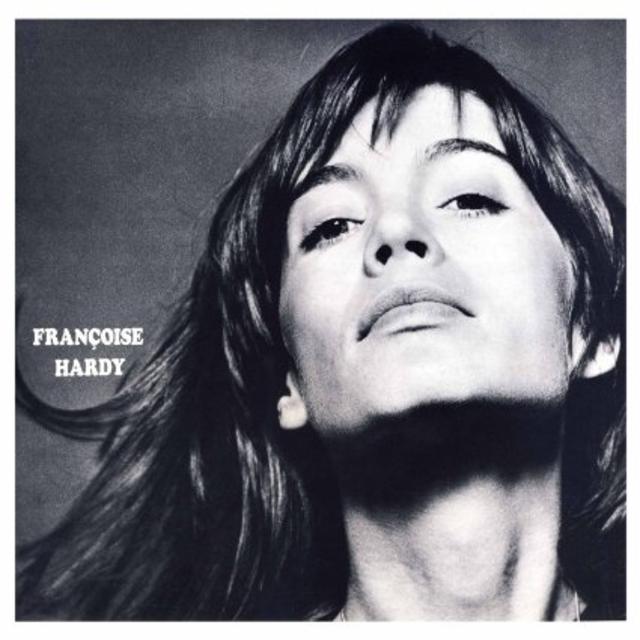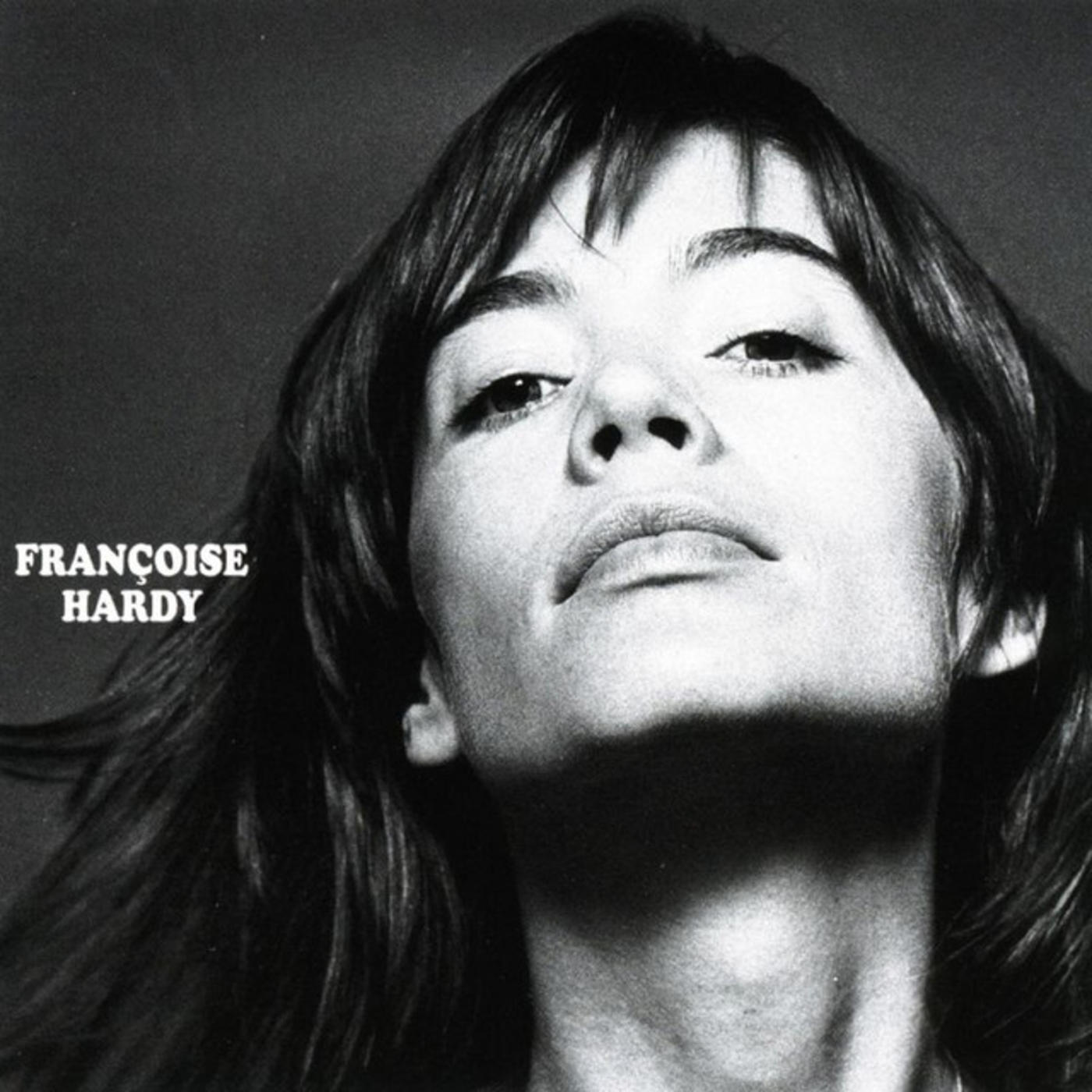Doing a 180: Francois Hardy, Et si je m'en vais avant toi / La question

Rhino has made it a point to reissue classic albums on 180-gram vinyl on a regular basis. These are the latest to get that treatment. You're welcome.
Francois Hardy is a bona fide superstar in her native France, but in America she’s a bit more of a cult figure, albeit one whose cult has a profoundly devoted membership. In truth, Hardy might actually prefer it if her status was the same way worldwide: she’s long been notoriously shy, and as she said in a 2011 interview with BBC Radio 4 when asked about her classification as a music icon, “I am not comfortable with my professional life, really, so the word ‘icon,’ it’s as though you were talking about someone else. It’s not me, really. I feel happy when I’m on my bed, in my room, with a good book.”
Of course, Hardy’s music is no less wonderful for her desire to stay under the radar whenever the opportunity arises, which is why we’ve reissued a pair of her iconic - sorry, Francois, but it’s an apt adjective – albums from the early ‘70s.
La question (1971): Appropriately, this is probably the most familiar of Hardy’s albums to US listeners, or certainly one of the most familiar, anyway. The music for the songs was, with one exception, written entirely by a Brazilian guitarist known simply as Tuca. (That exception: “Doigts,” for which Hardy wrote both the lyrics and the music.) Fans of French pop will likely known the title track, which is one of Hardy’s most enduring efforts, but the album as a whole appears within The Guardian’s list of 1000 Albums to Hear Before You Die, just in case you needed a little incentive to pick it up.
“La Question”: Listen Here
Et si je m'en vais avant toi: (1972): Whether inspired by a desire to avoid being pigeonholed or just to try something different, this album found Hardy going country. Well, sort of, anyway. The opening track, “L’eclairage,” sounds like something you could imagine Bobbie Gentry crooning, but things get a little more upbeat with tracks like “Pardon” and “La berlue,” with the latter falling more into the category of country-rock. It might sound crazy, but if you’re a fan of Americana, you might find yourself smitten with this album pretty quickly.
“La Berlue”: Listen Here

